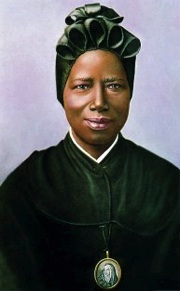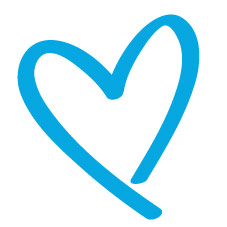 Human Trafficking is the trade of humans for the purpose of exploitation whether it be forced labour, sexual exploitation, or organ extraction. The United Nations Office on Drugs and Crime (UNODC), dedicated to drug control and crime prevention, states that human trafficking is made up of three elements; the act, the means, and the purpose.
Human Trafficking is the trade of humans for the purpose of exploitation whether it be forced labour, sexual exploitation, or organ extraction. The United Nations Office on Drugs and Crime (UNODC), dedicated to drug control and crime prevention, states that human trafficking is made up of three elements; the act, the means, and the purpose.
The act encompasses what is done, which includes recruitment, transportation, transfer, and receipt of persons. The means is how it is done, which is through threat or use of force, coercion, abduction, deception, abuse of vulnerability, or fraud. Lastly, the purpose is why it is done. The main reason for human trafficking is simply for financial gain, whether it be sexual exploitation, forced labour, slavery, or organ removal.
UNODC states that the most common form of human trafficking is sexual exploitation which accounts for 79% of trafficking. Human trafficking is an ongoing issue in almost every country due not only to the illegal supply of individuals, but to the continued demand for it. Furthermore it seems that worldwide 20% of the victims of human trafficking are children.
The Pontifical Council for Justice and Peace and the International Union of Superiors General has designated February 8th as the International Day of Prayer and Awareness Against Human Trafficking. This day marks the same day as the feast for St. Josephine Bakhita (pictured). As a child, she was kidnapped and sold into slavery in Sudan and Italy, but once freed became a Canossian nun and dedicated her life to raising awareness on the issue.

The day is meant to encourage all Catholics to create awareness of trafficking, and through prayer, reflect on and empower the survivors of such atrocities.
UNODC has also launched the Blue Heart Campaign, an initiative meant to raise awareness of the prevalence of human trafficking and its negative impacts on society. The campaign encourages involvement and action to combat this ongoing human rights violation.
More information and suggestions for getting involved can be found at the Australian Catholic Religious Against Trafficking in Humans (ACRATH) the Stop the Traffik and the 50 for freedom websites.